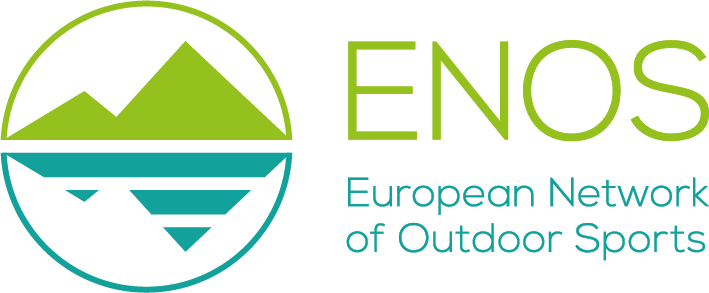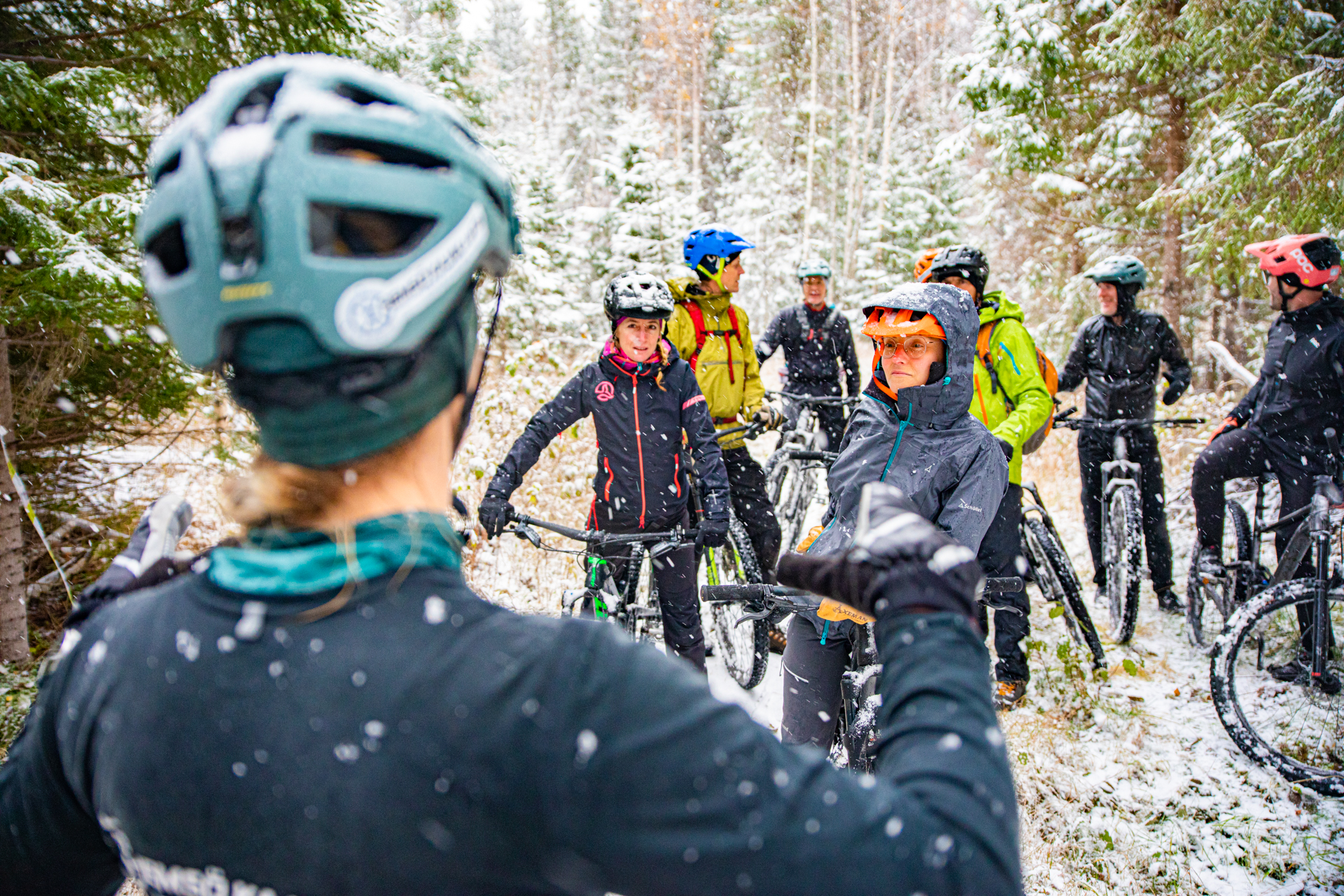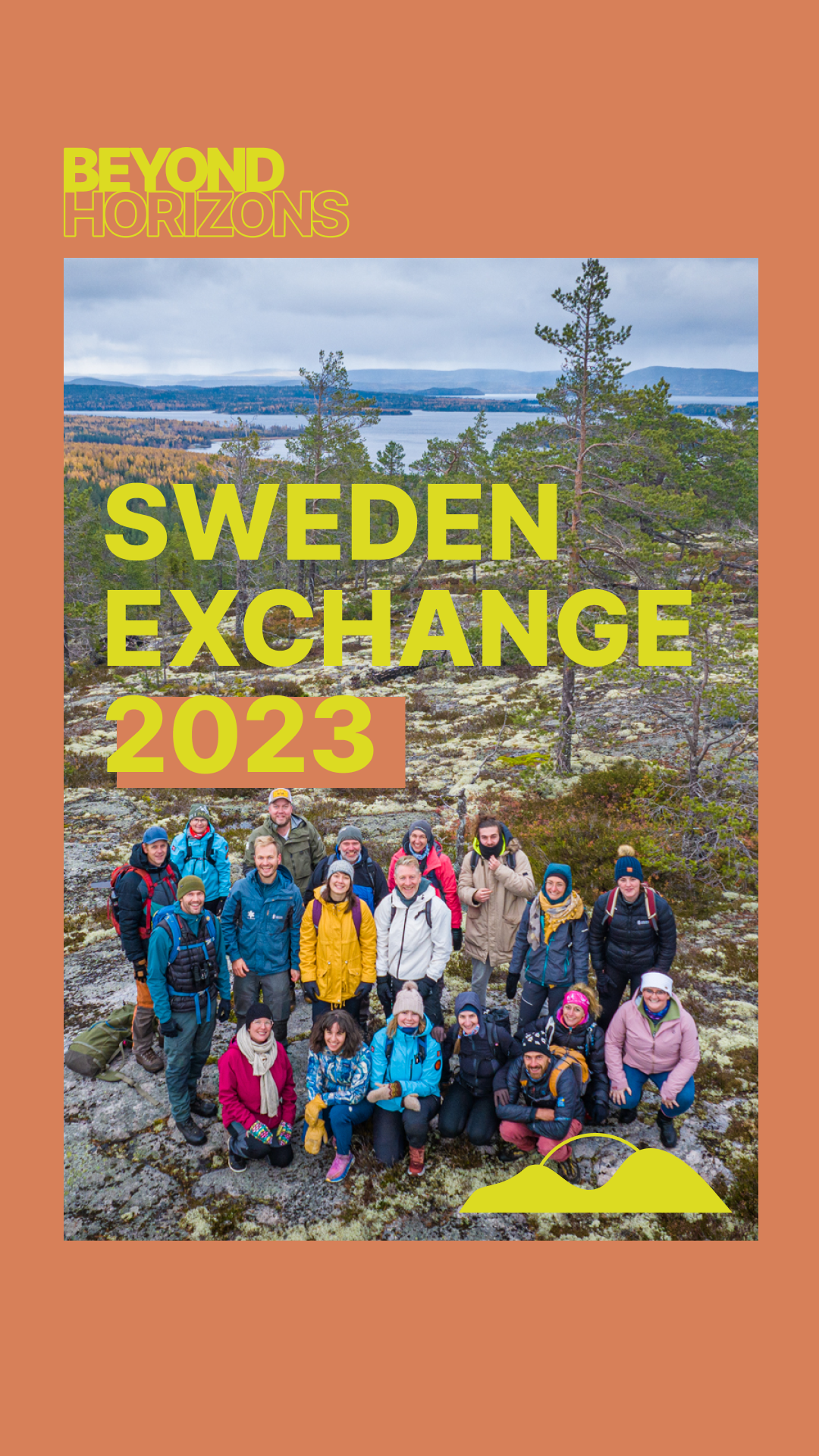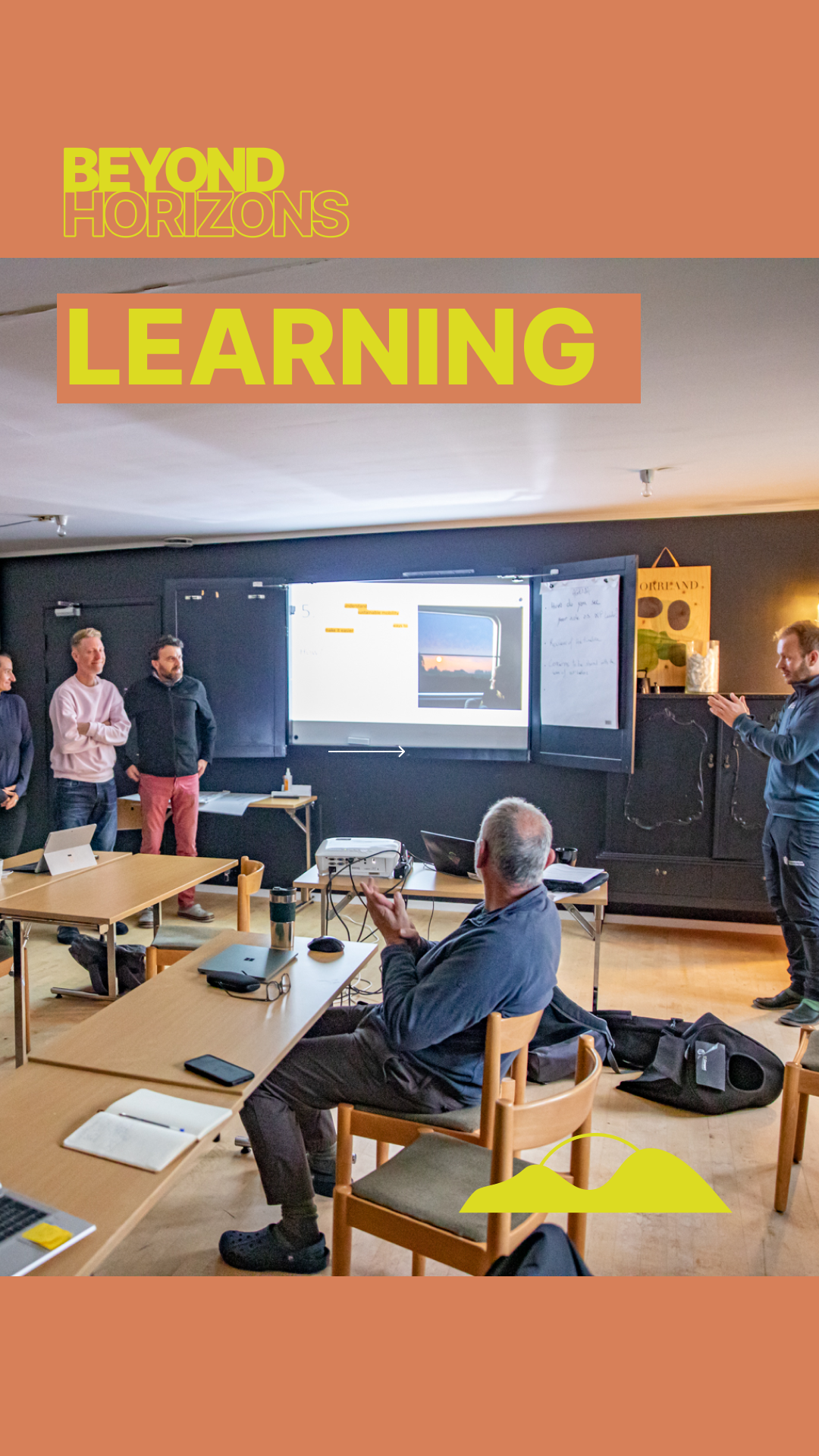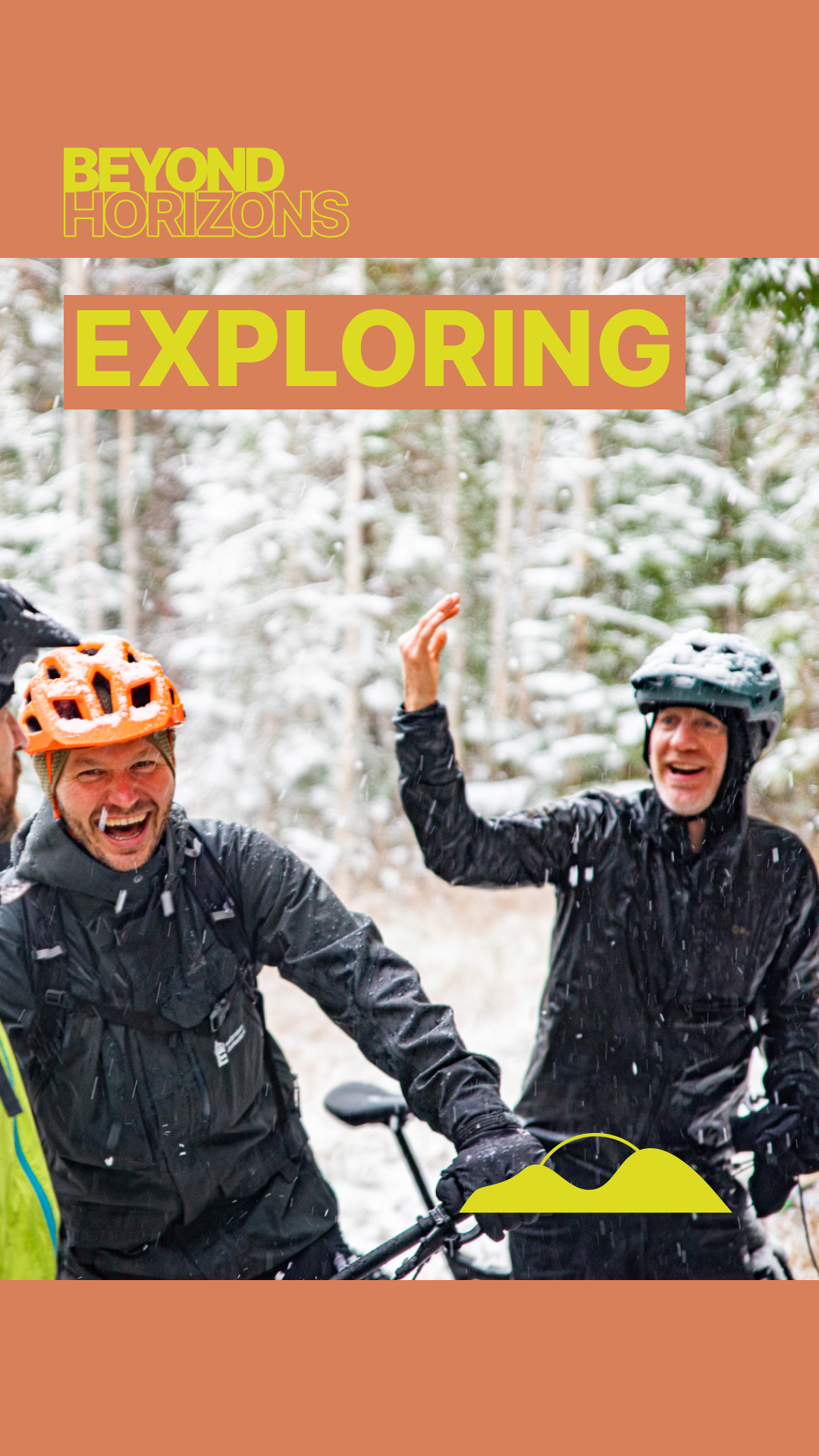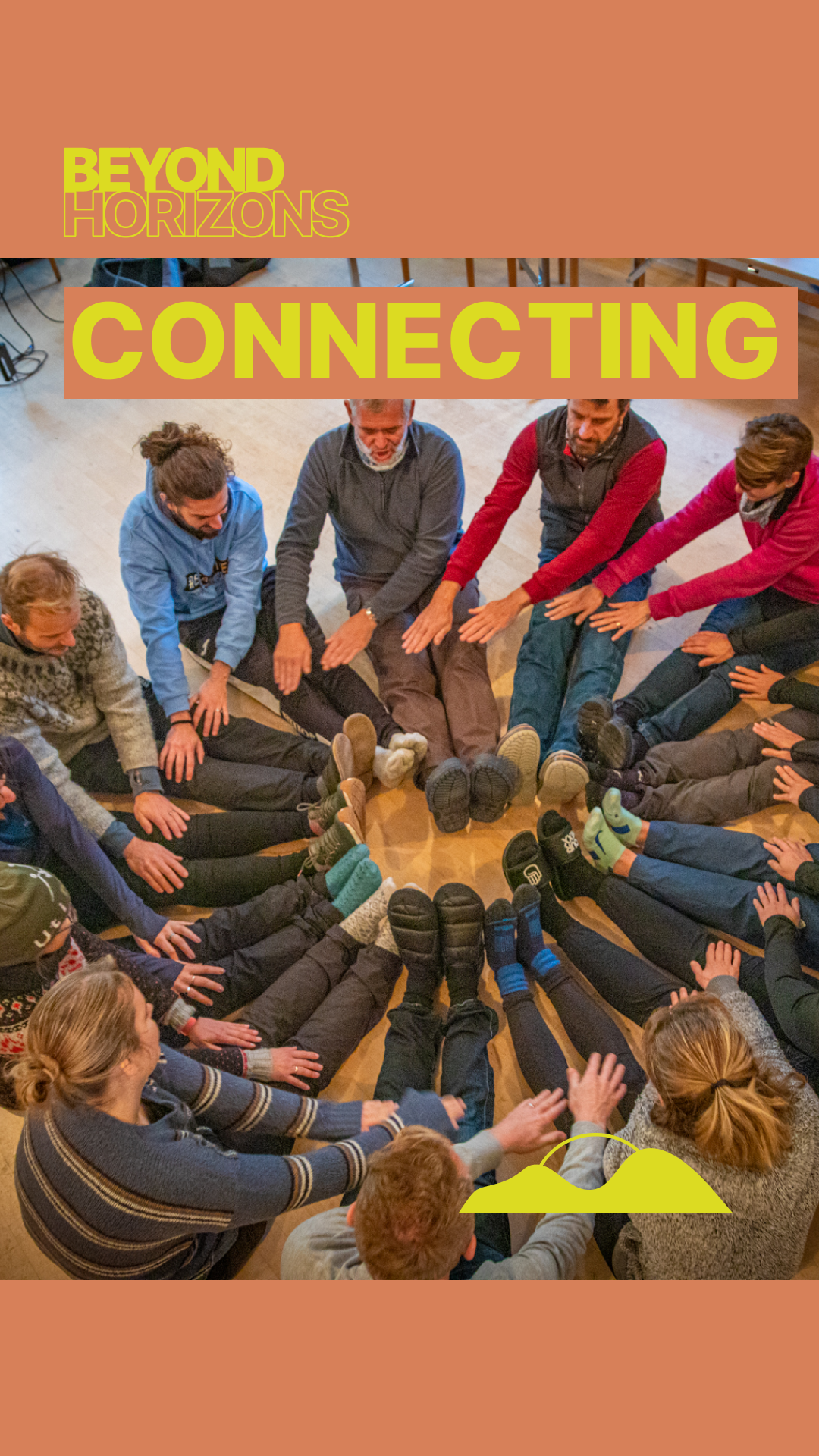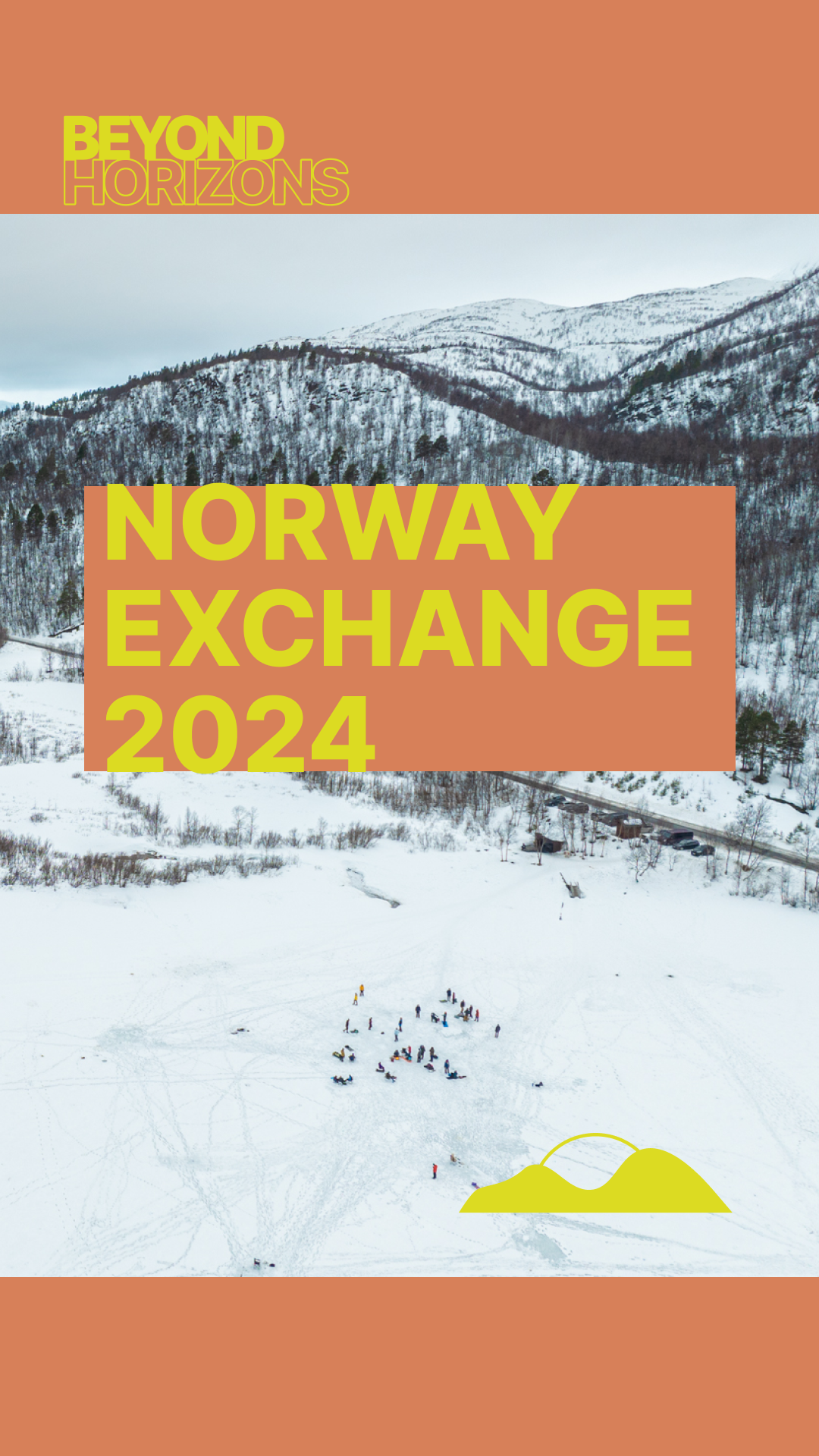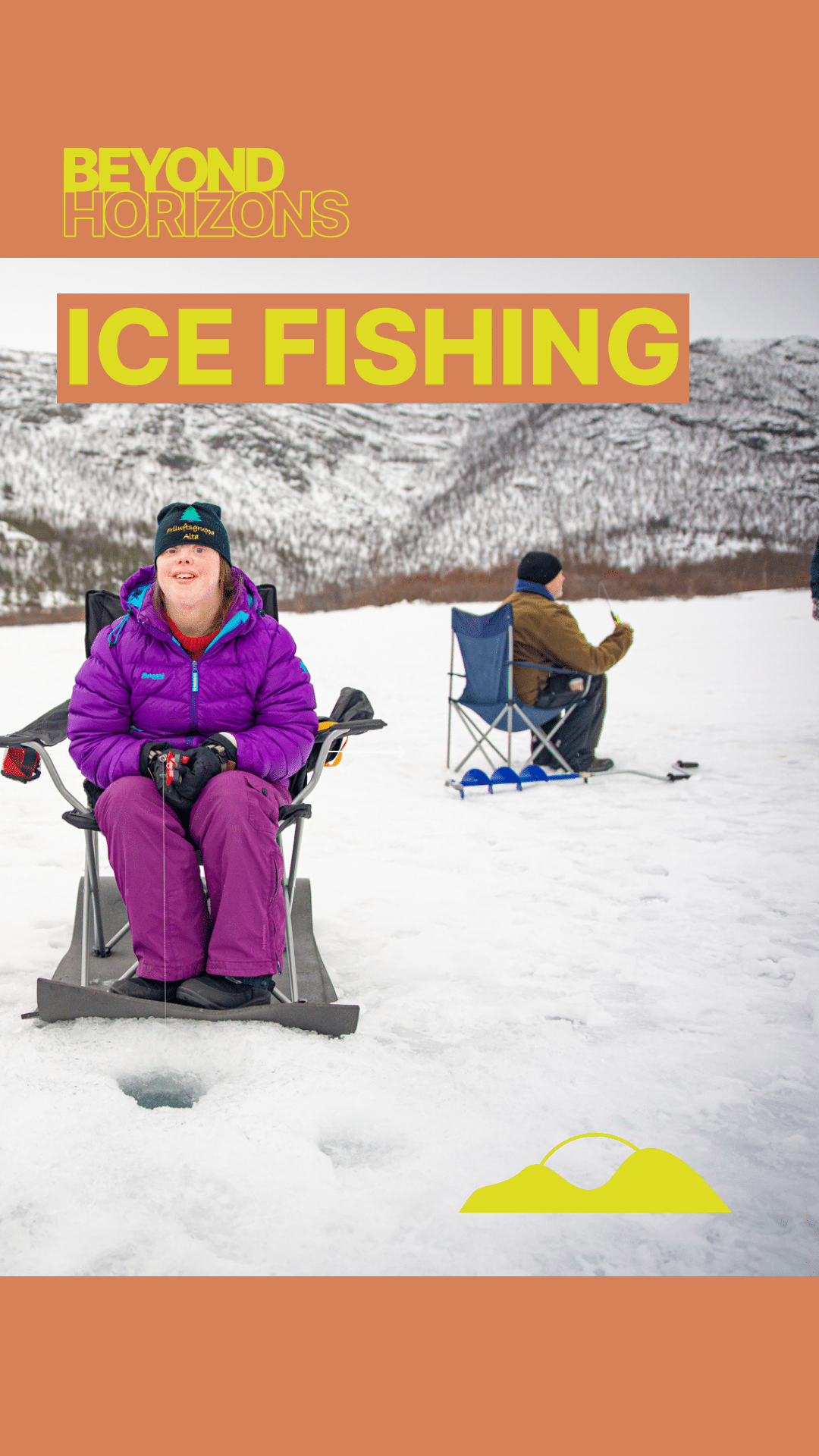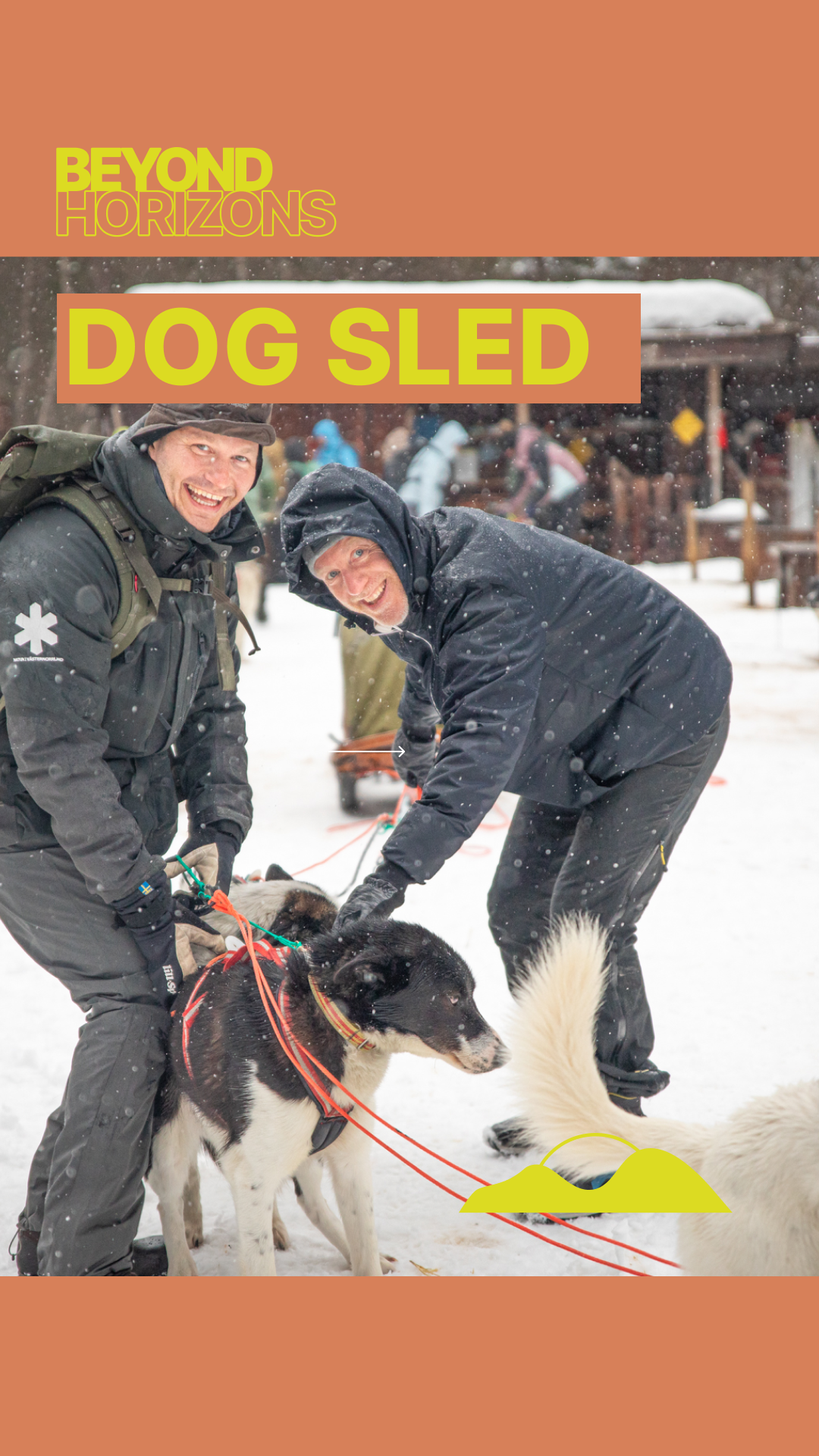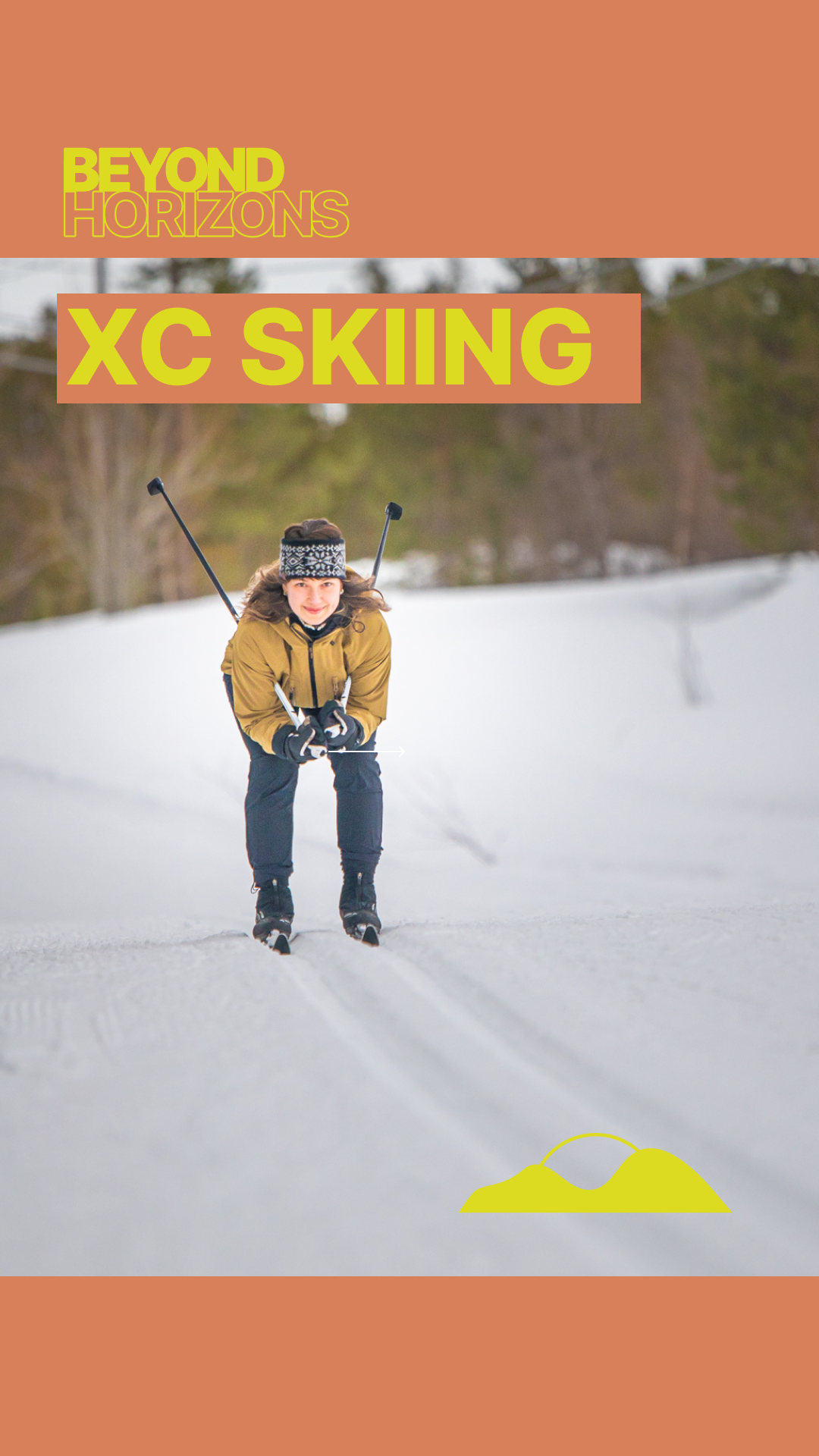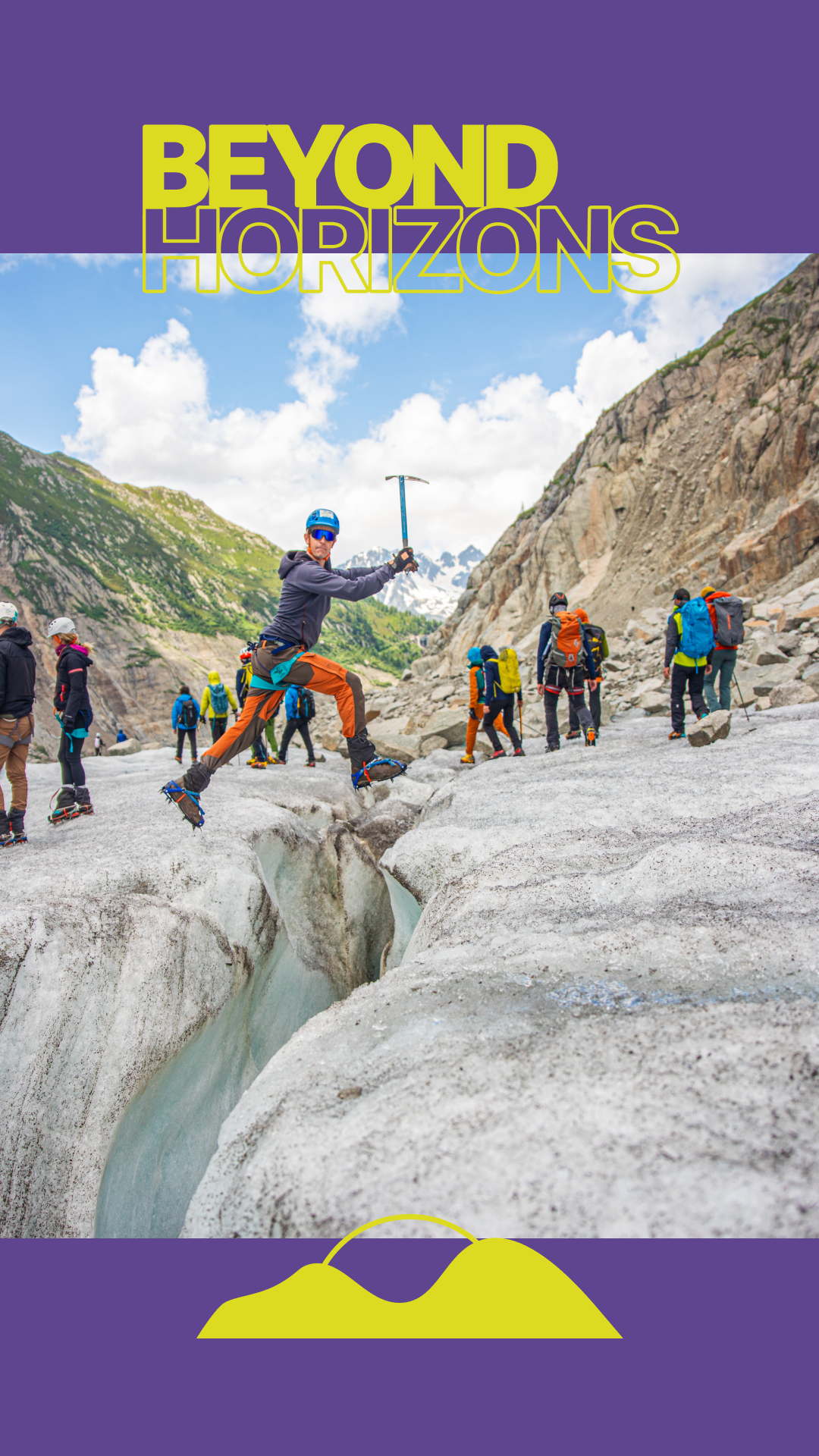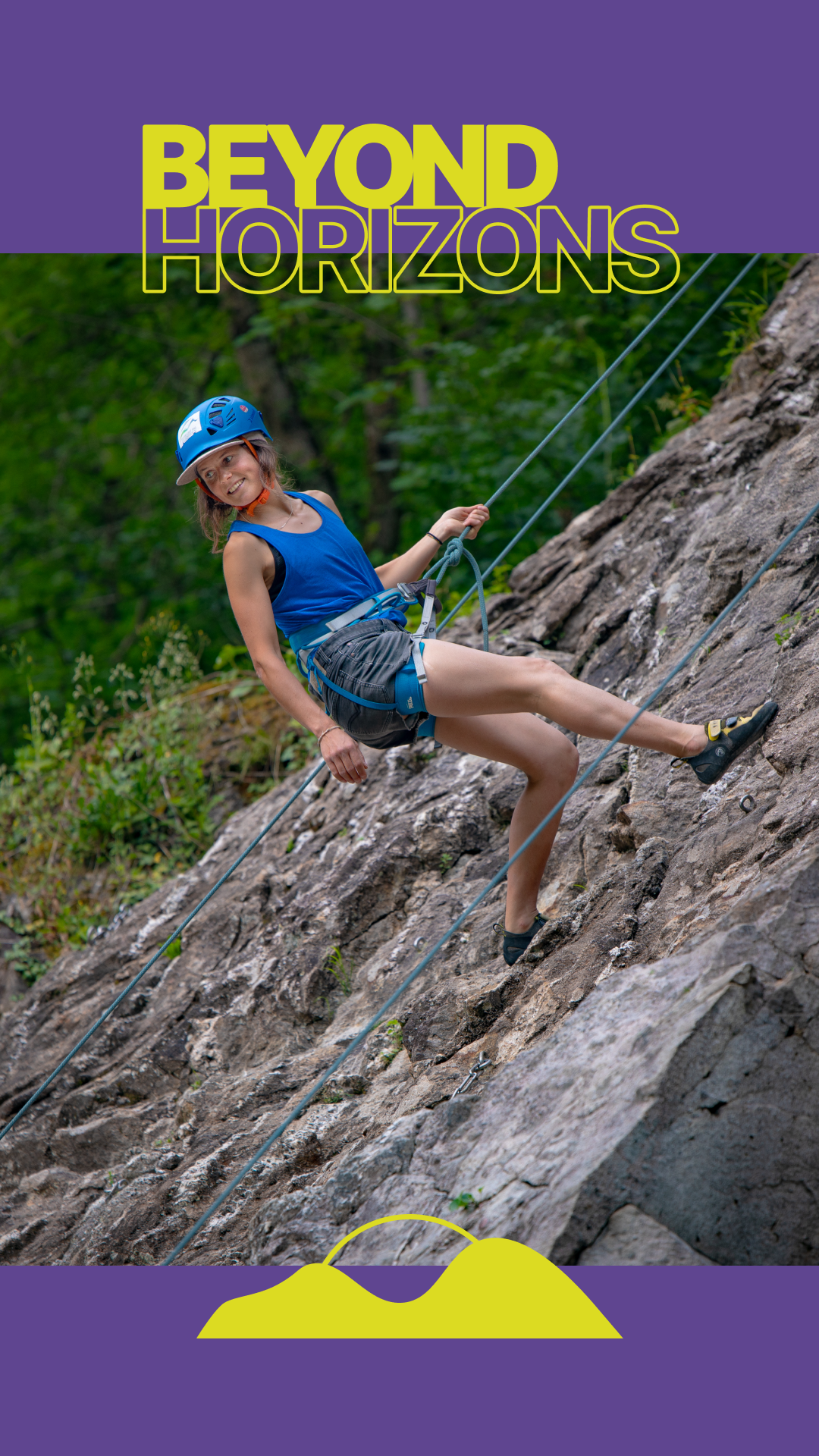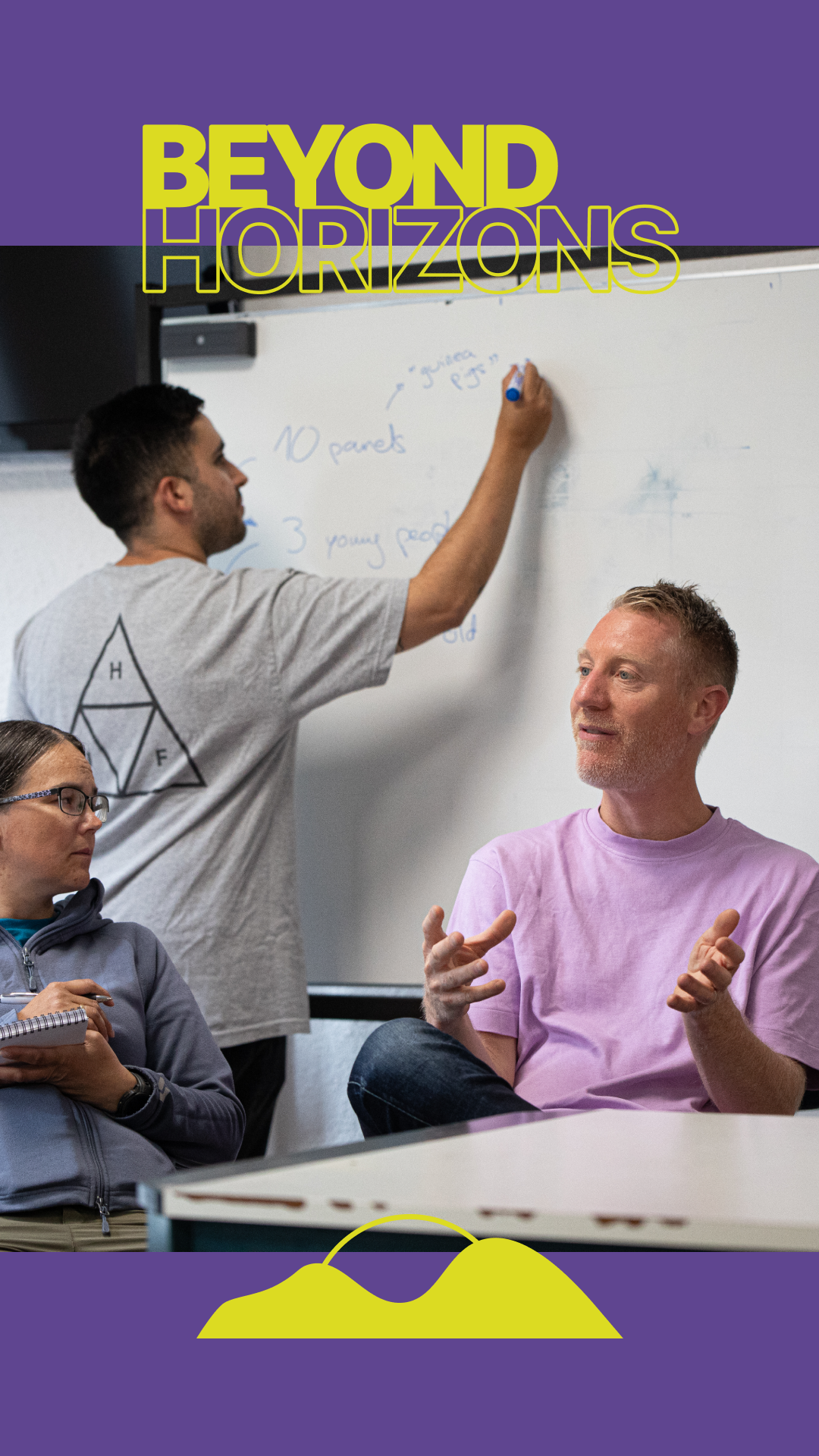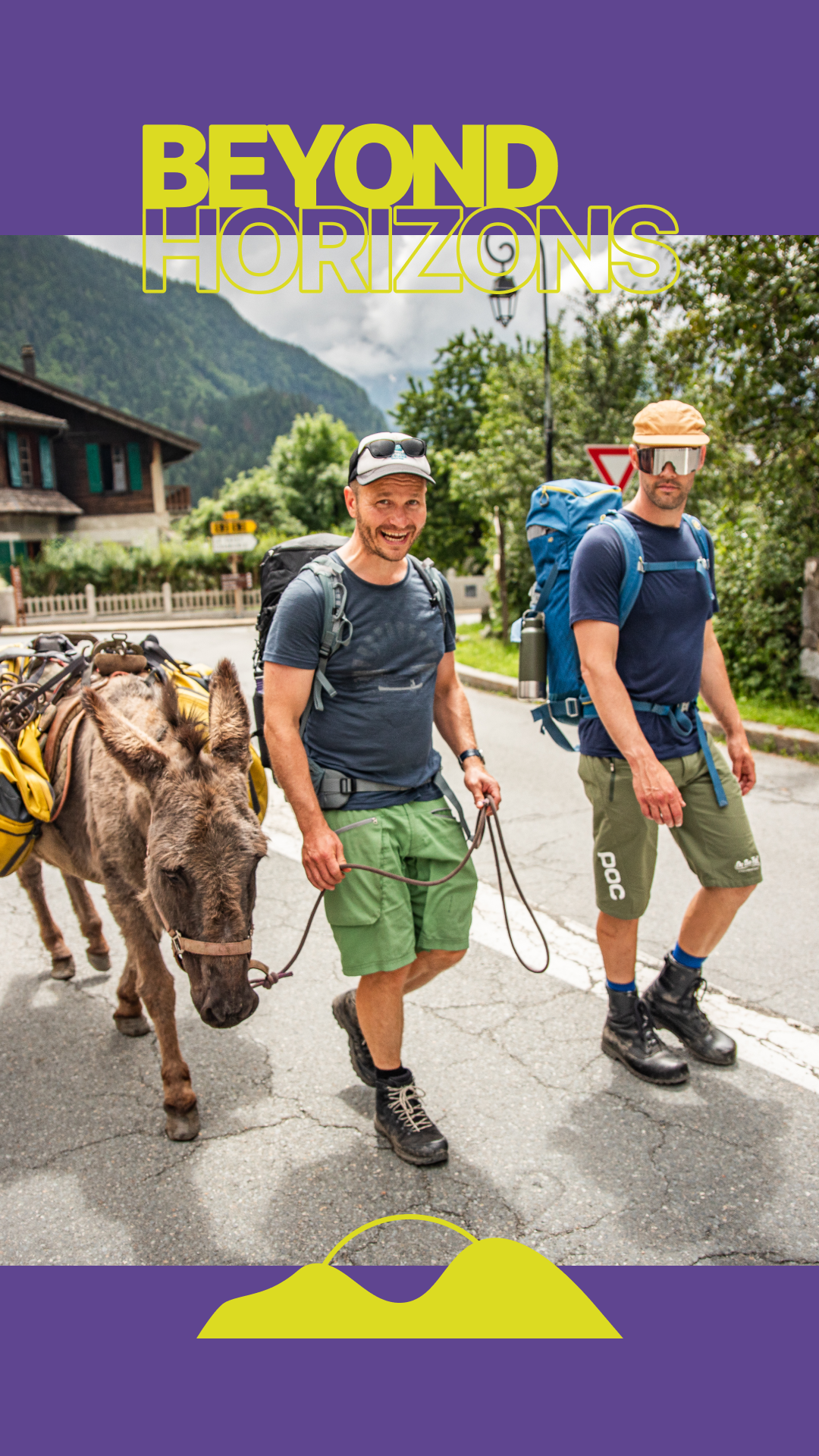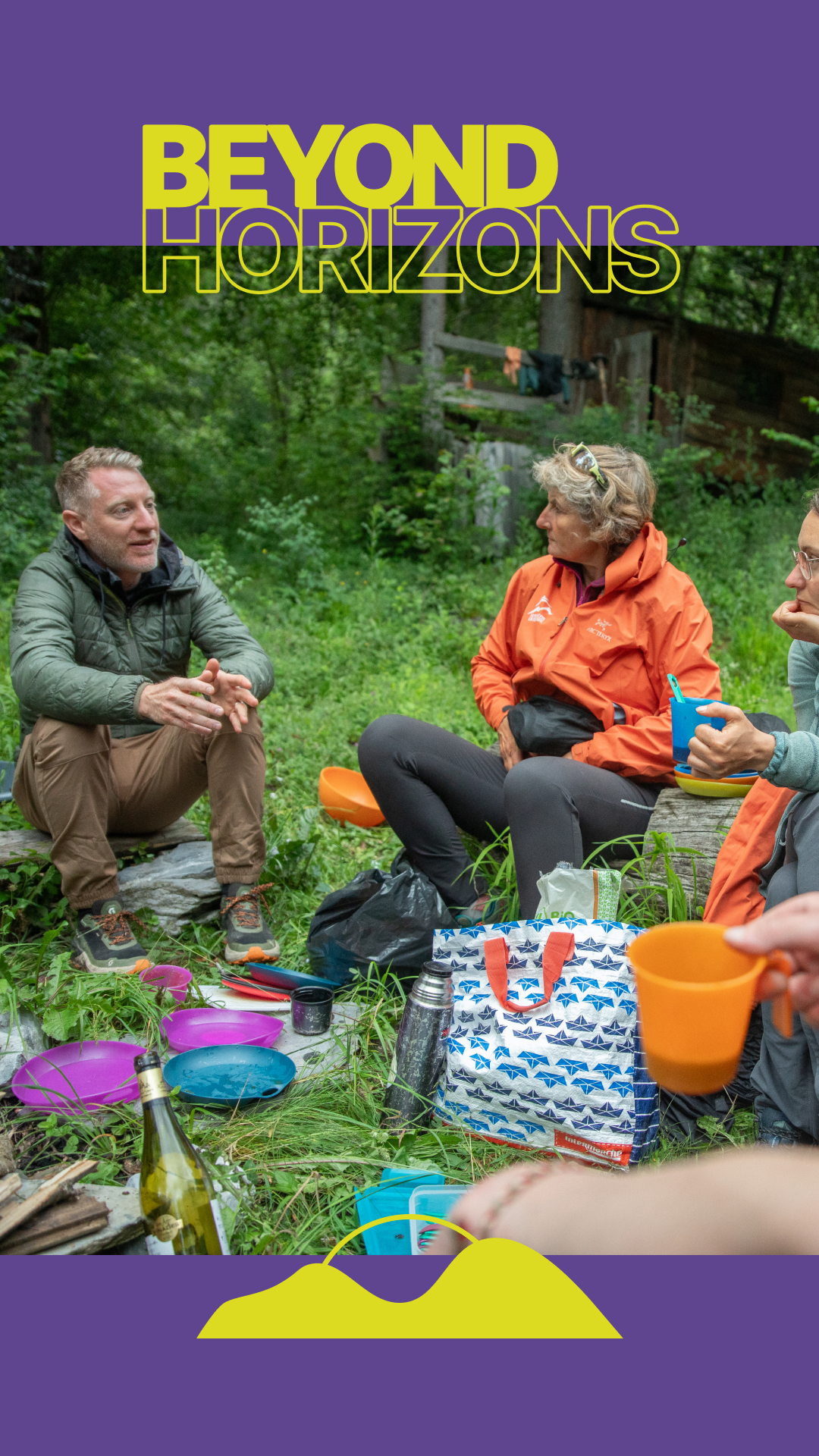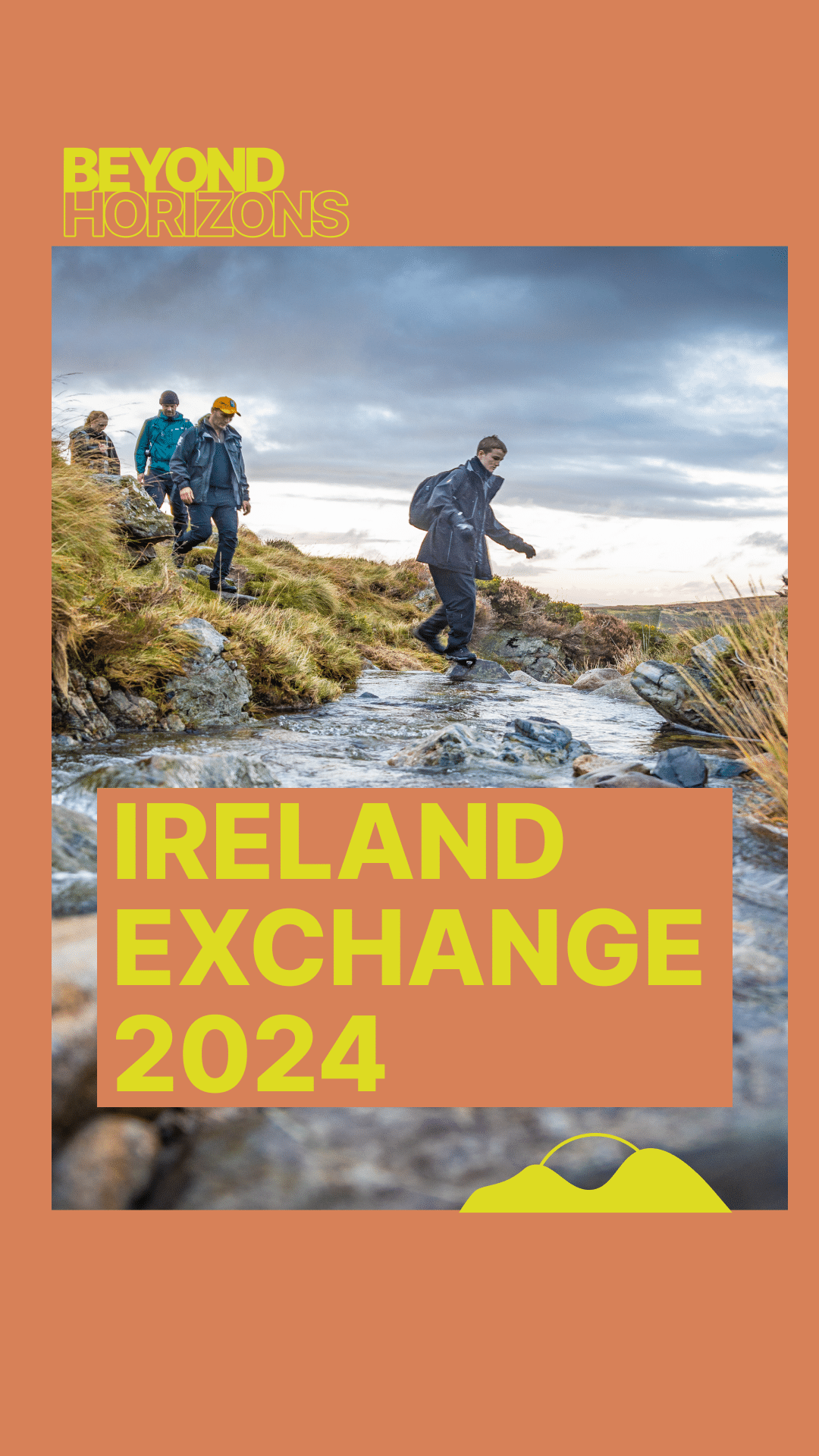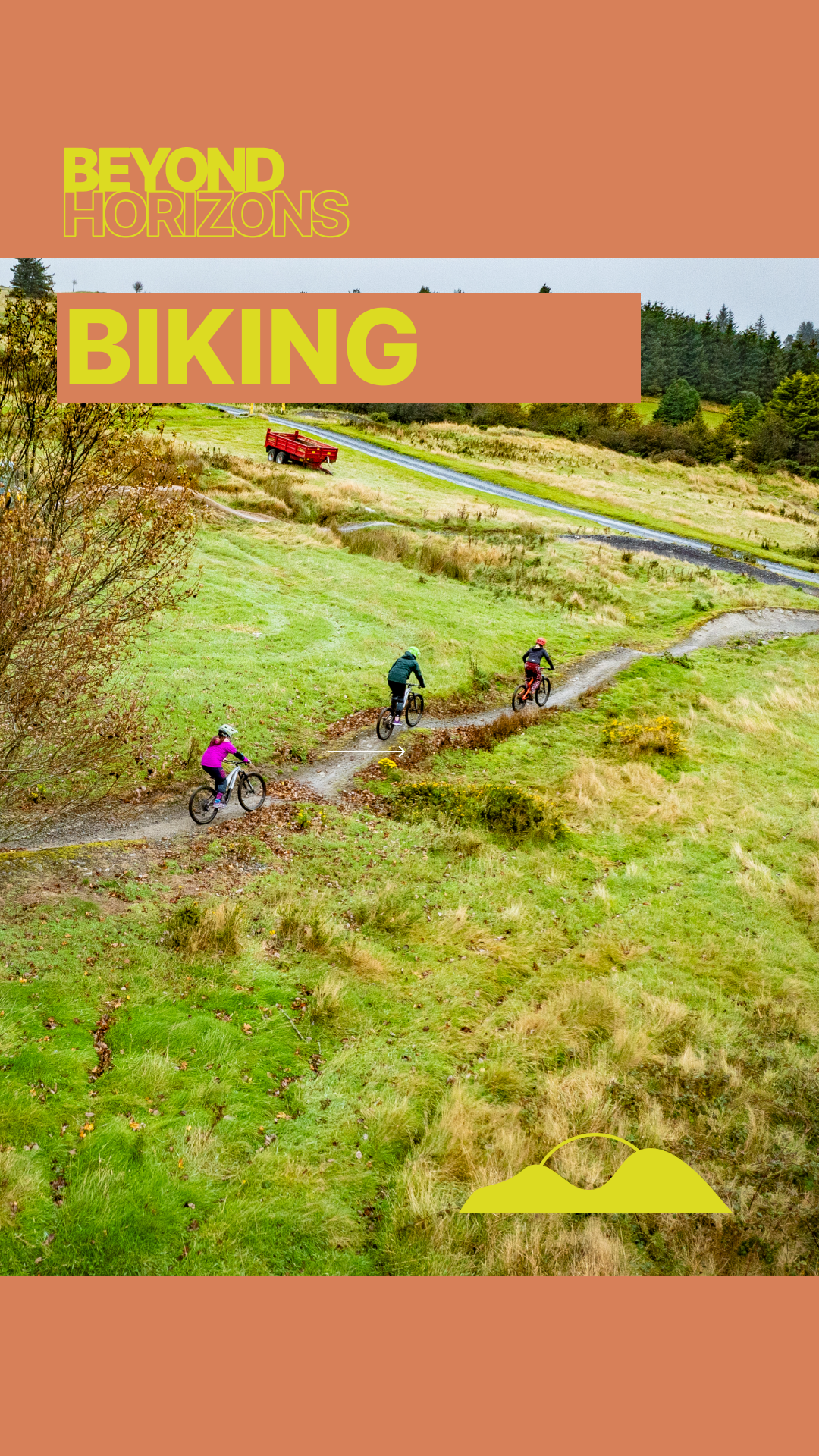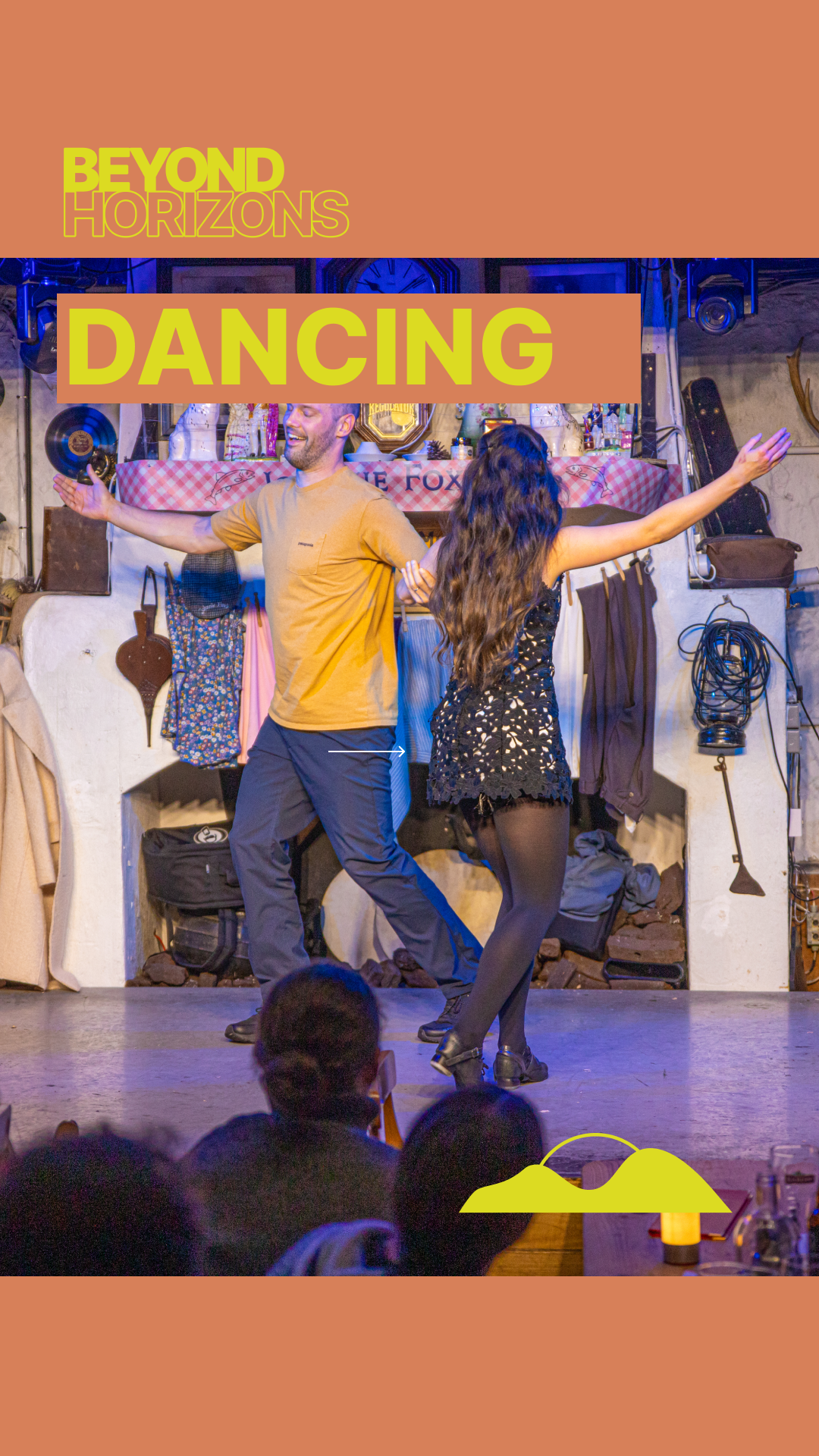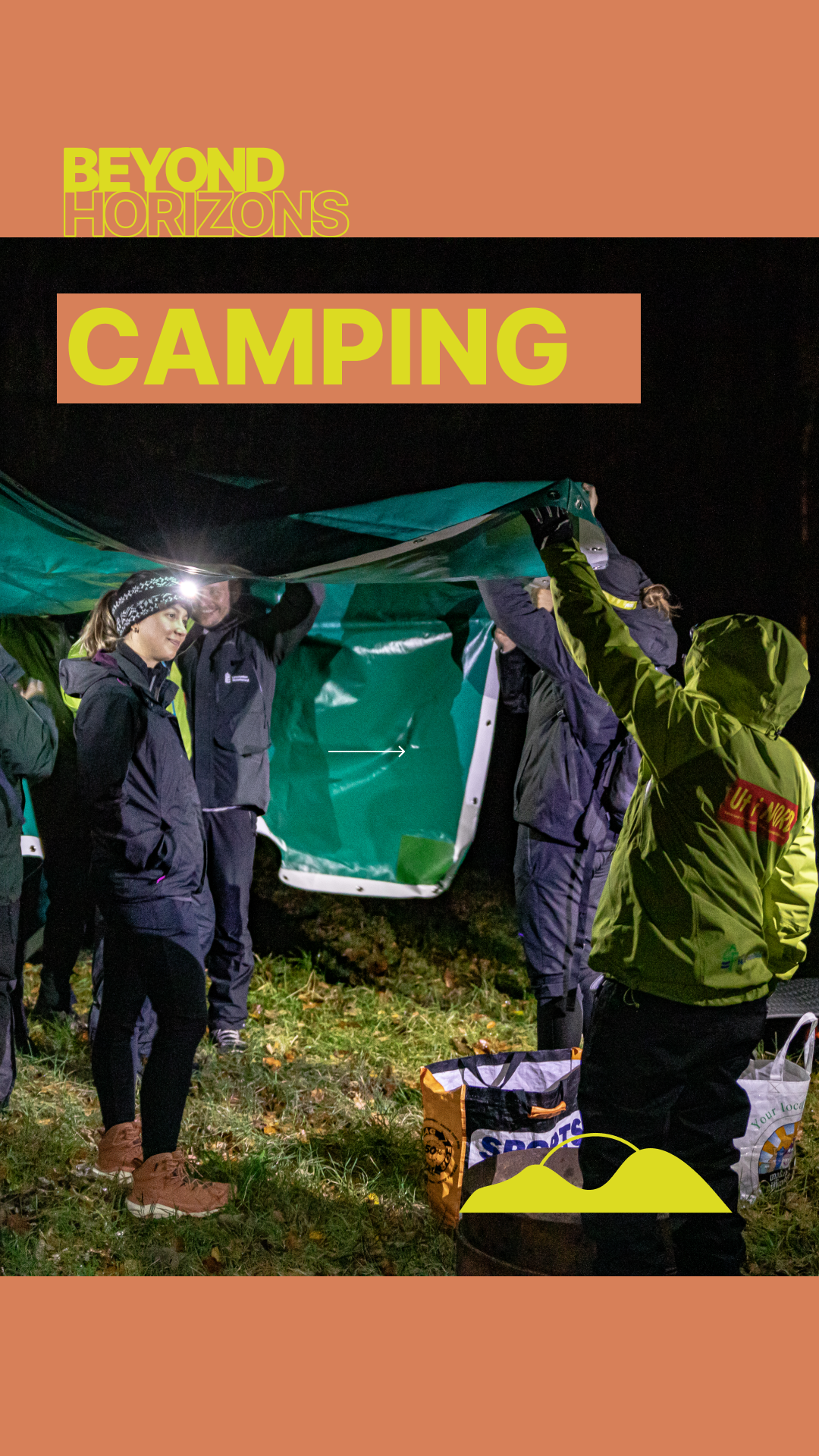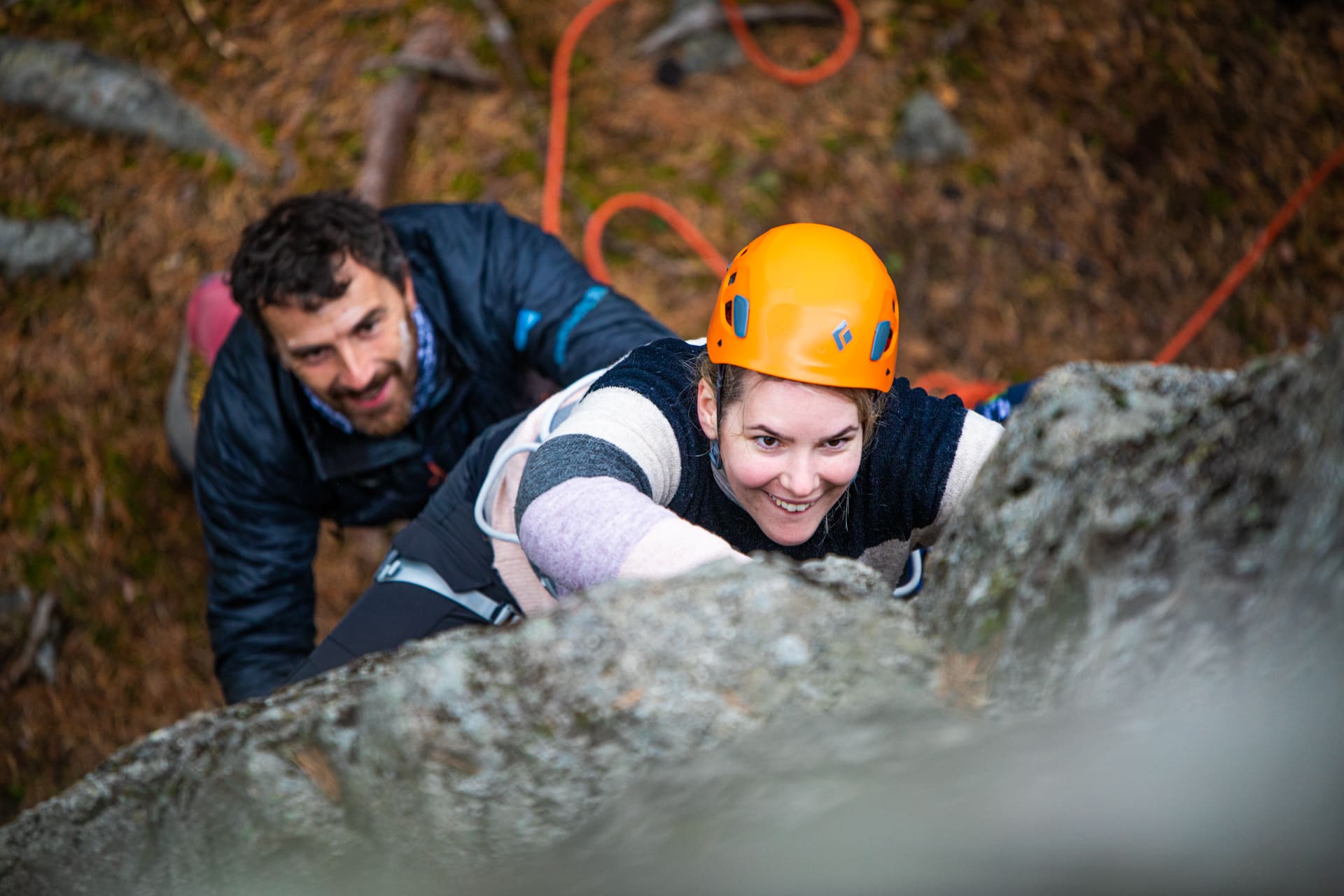BEYOND HORIZONS
Sharing Methods to Facilitate Practice for Youth at Risk of Marginalisation
The project focuses on understanding and disseminating methods that make it easier for young people who are marginalised to engage in outdoor sports. These methods will be shared with sports and volunteer organisations to better reach out to these communities. To identify and understand these methods, the project partners have set up an exchange program. It’s a collaborative space for dialogue informed by professionals and volunteers who are knowledgeable in social or youth engagement, public policies, and the development of outdoor sports.
Aggregating and promoting Existing Knowledge for practitioners, sports associations, social stakeholders and outdoor sports Policy Makers
This involves comparing actions implemented in different countries to promote physical activity through outdoor sports and providing a comprehensive analysis of their features. The results will include reports on the inclusion processes and the accessibility challenges linked to increased participation in natural areas. The outcome will be a toolkit that combines the accessibility challenges and how to increase participation, including the case studies that the existing network has found.
Identifying Best Practices
This task entails identifying key success factors, as well as barriers to participation for these groups. The project aims to share field experiences and inspire experts to develop and innovate their practices, encouraging other stakeholders to engage successfully with these audiences.
The initiative has been developed to foster social inclusion among youth exposed to marginalisation risks through outdoor sports.. Sports serve as vital instruments for social engagement and personal development. The European Commission’s White Paper on Sport advocates for the integration of sports into broader policies of education, public health, and social cohesion, emphasising the importance of making sports accessible to vulnerable groups.
This project specifically addresses the challenge of physical inactivity in an increasingly urbanised society. Outdoor ports offer a diverse range of opportunities for individuals of all ages and backgrounds, presenting minimal barriers to participation.
Benjamin Billet, Head of International Unit, CREPS AuRA
Outdoor sports are pivotal in promoting activity and contact with nature. Among the physically inactive European population, 40% indicate that they could imagine resuming physical activity through nature sports (Eurobarometer). The project “Benefits of Outdoor Sports for Society,” funded by Erasmus+ and developed by ENOS partners, concluded that nature sports effectively combine the positive outcomes of physical activity and nature, significantly improving mental health and well-being. They can also be effectively used to promote reconnection with nature and can improve education and awareness of environmental challenges.
One of the primary objectives of the project is to gather, discuss, popularise, and make accessible existing knowledge on the barriers to participation in nature sports activities among young people facing inclusion issues. The project will enable European experts in the field to meet and develop their knowledge and expertise on the subject to disseminate it through networks of professionals, sports federations, and actors in the development of sport and nature sports in Europe.
Exchange Programme
BEYOND HORIZONS TOOLKIT
What is the purpose of this tool?
Nature and outdoor sports should be accessible by everyone and it is currently a challenge. The main aim of this toolkit is to provide research, learning experiences, best practices, and several different tools to help you break barriers around outdoor sports participation and inspire you in your journey to make outdoor recreation available to more people.
What will you find in this tool?
- Grounding for Success: There are common barriers to outdoor sports participation. In this section, we take a closer look at the barriers and start reflecting on the possible solutions.
- Breaking Barriers: It is time to focus on HOW. Get inspired by the good practices our team has uncovered and dive into how you use them for your own success.
- Building the Outdoors: In this section, we will provide you with tips, tricks and useful guidelines on how to apply for funding opportunities and build your own sustainable outdoor experience
PROJECT CONSORTIUM
EXPECTED OUTCOMES
To gain greater understanding of the main challenges and barriers facing young people especially those at risk of social exclusion to be able to engage in long term sustained participation and learning mobility in and through outdoor sports.
To examine any examples of where outdoor sports organisations have overcome these barriers and challenges and to ascertain how this was done and the degree of effectiveness that have been achieved.
The project aims also to foster higher-performing practices and a more inclusive culture in the outdoor sports sector.
